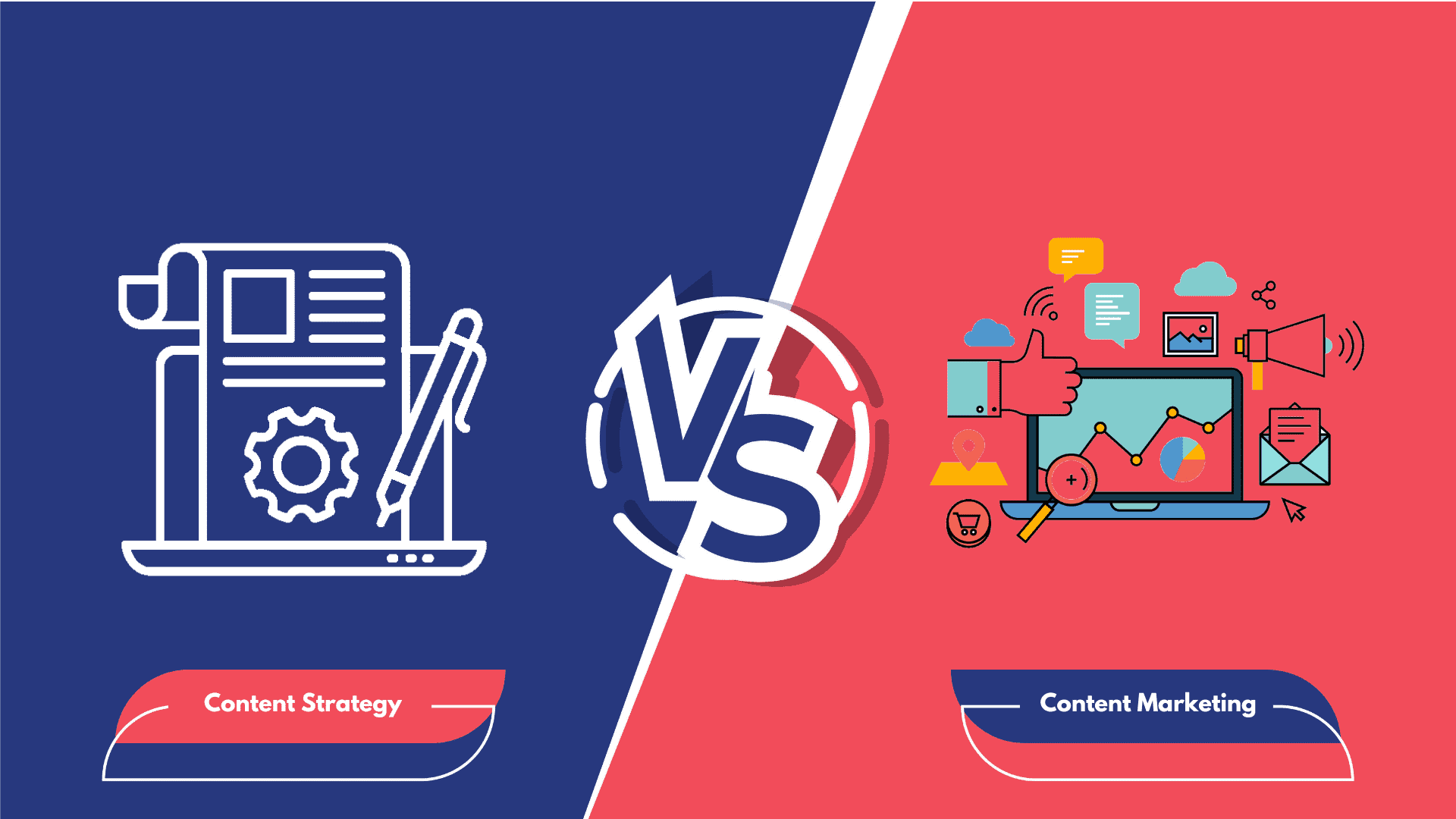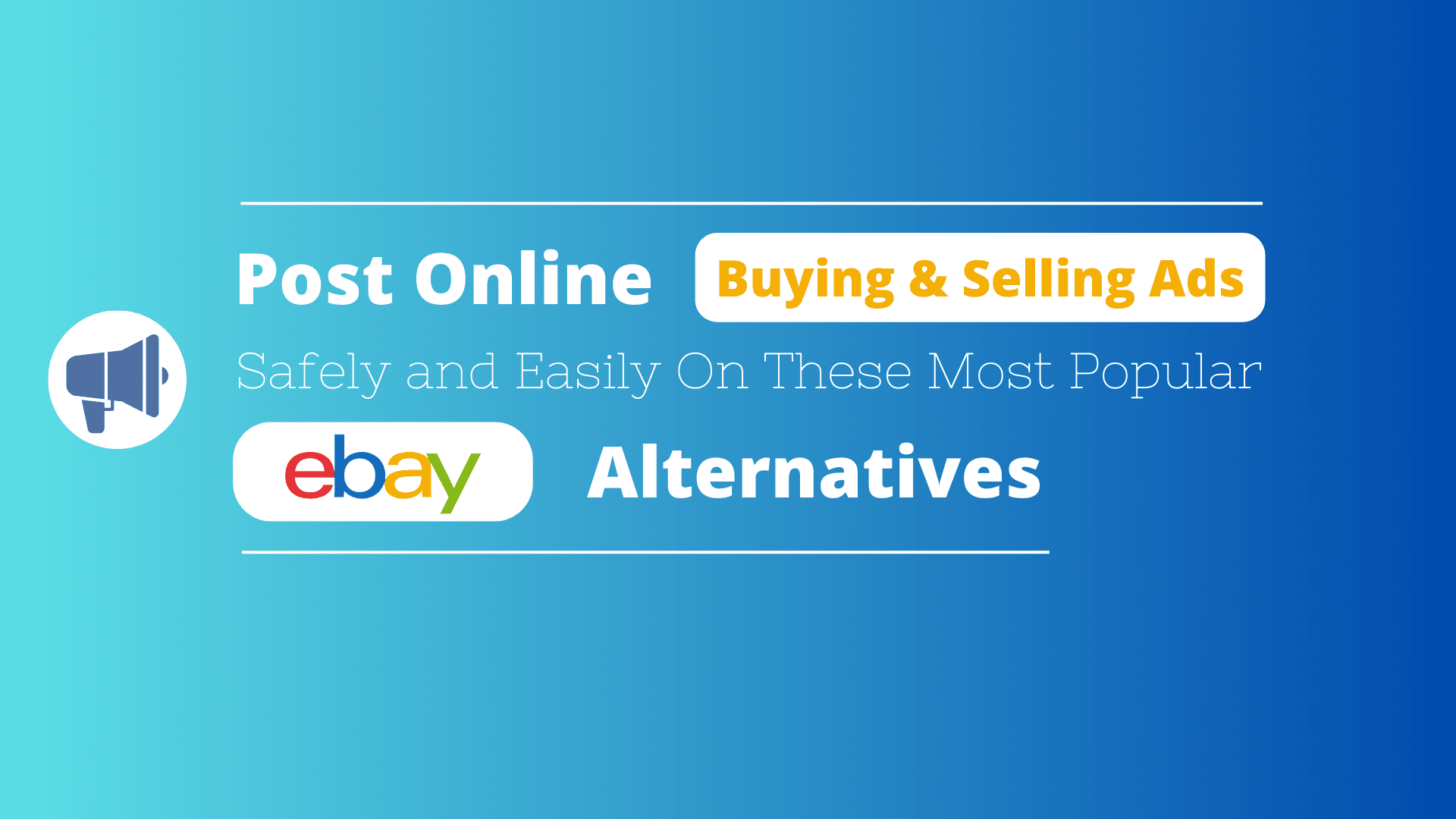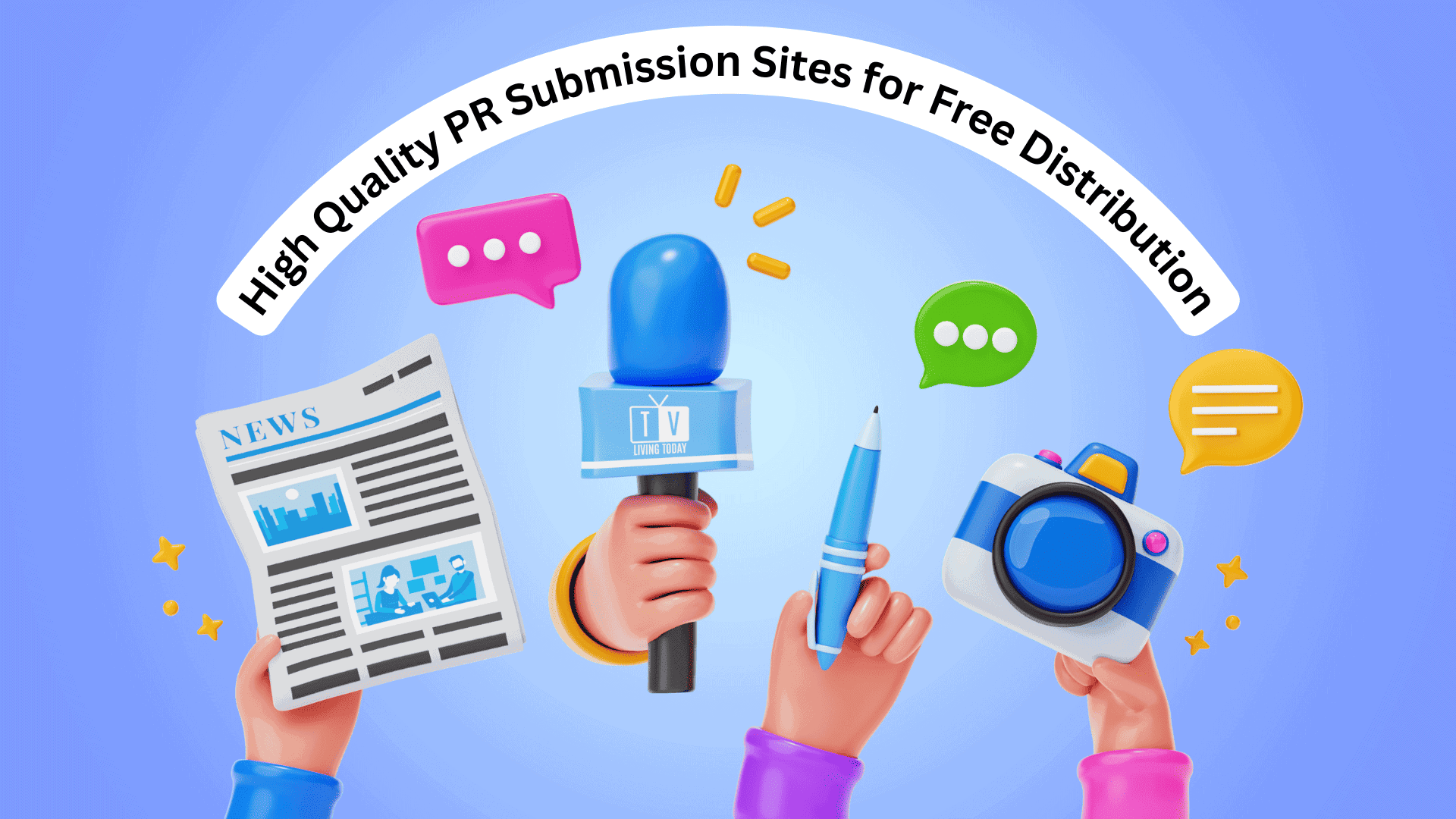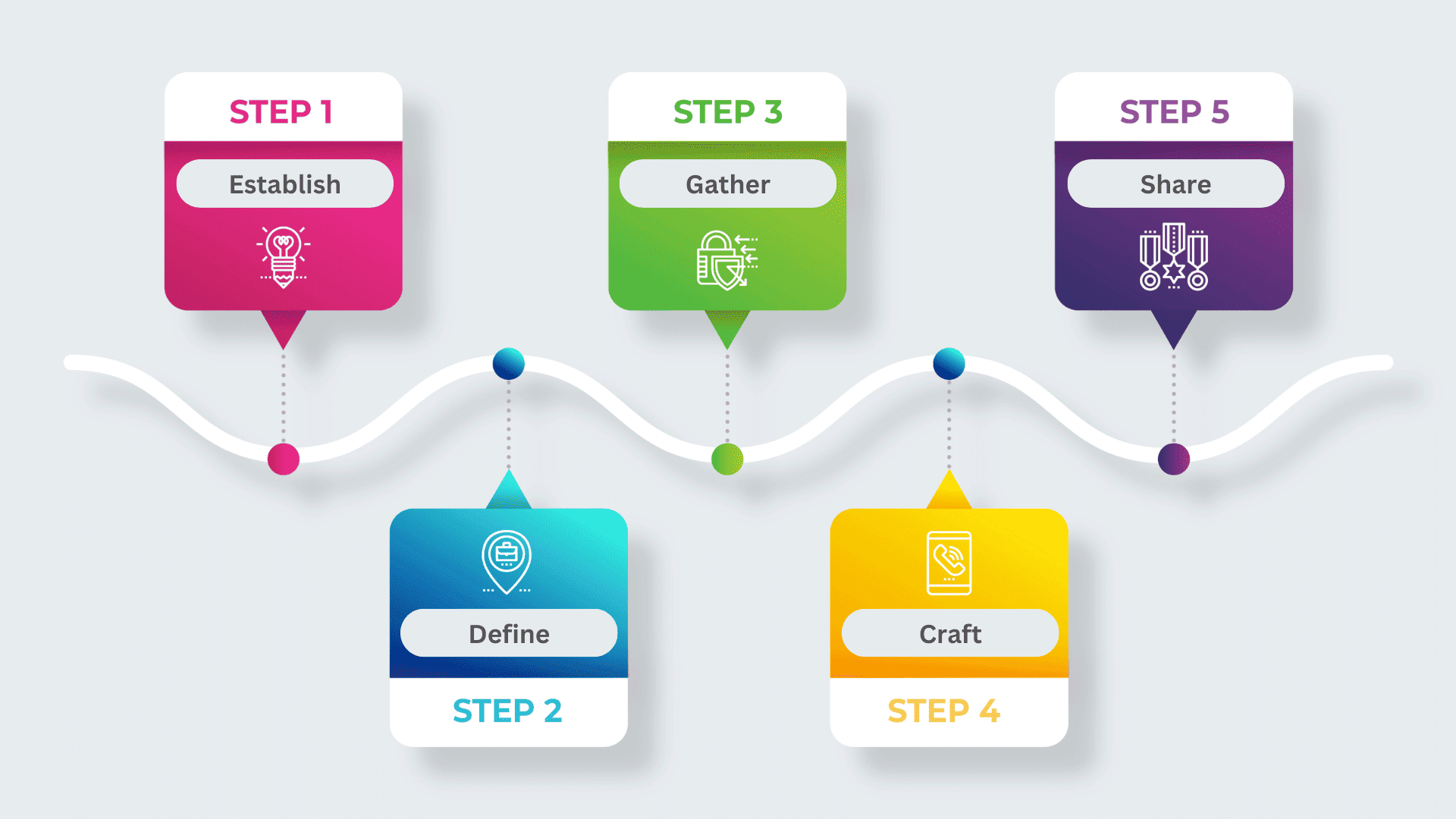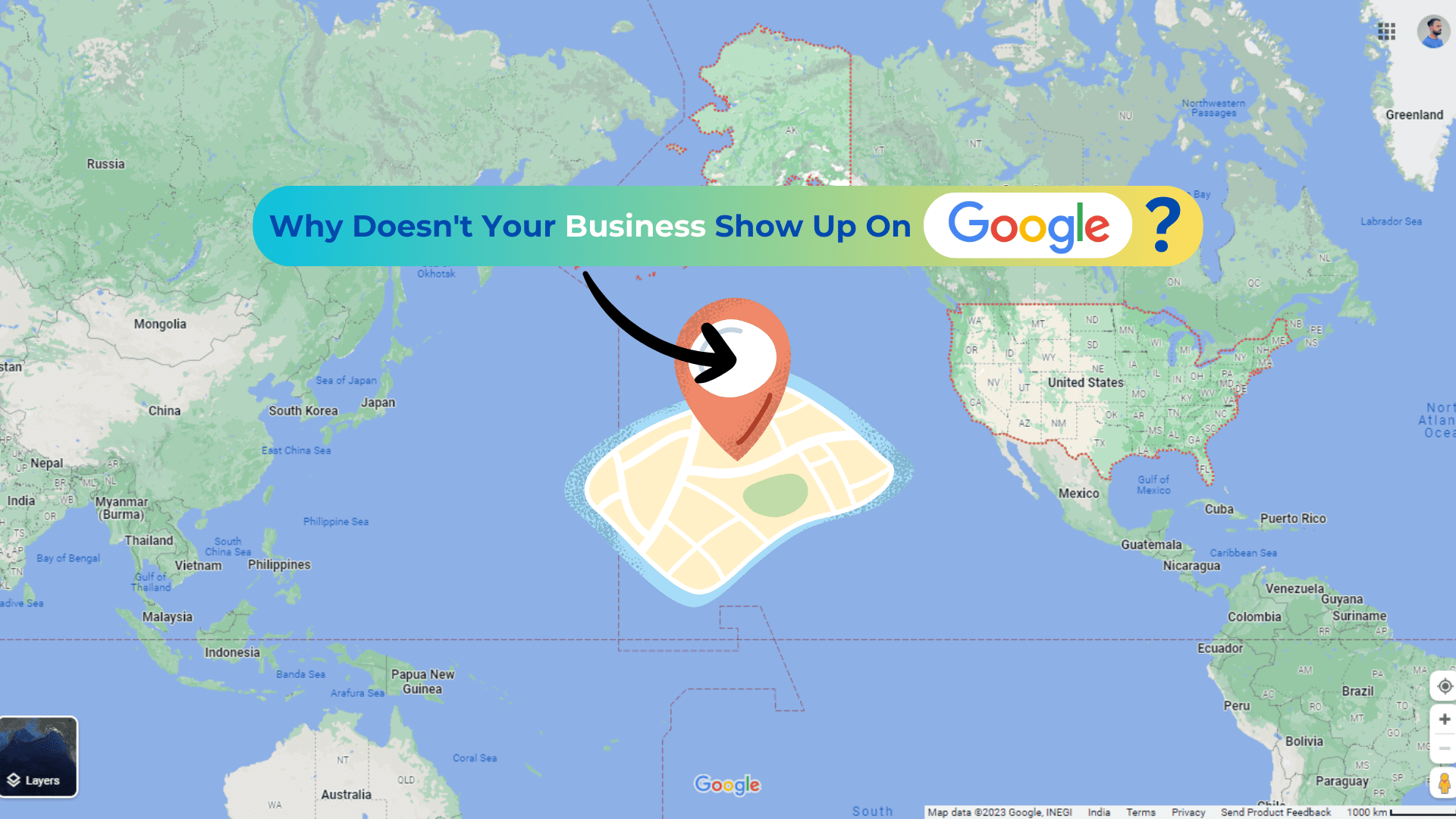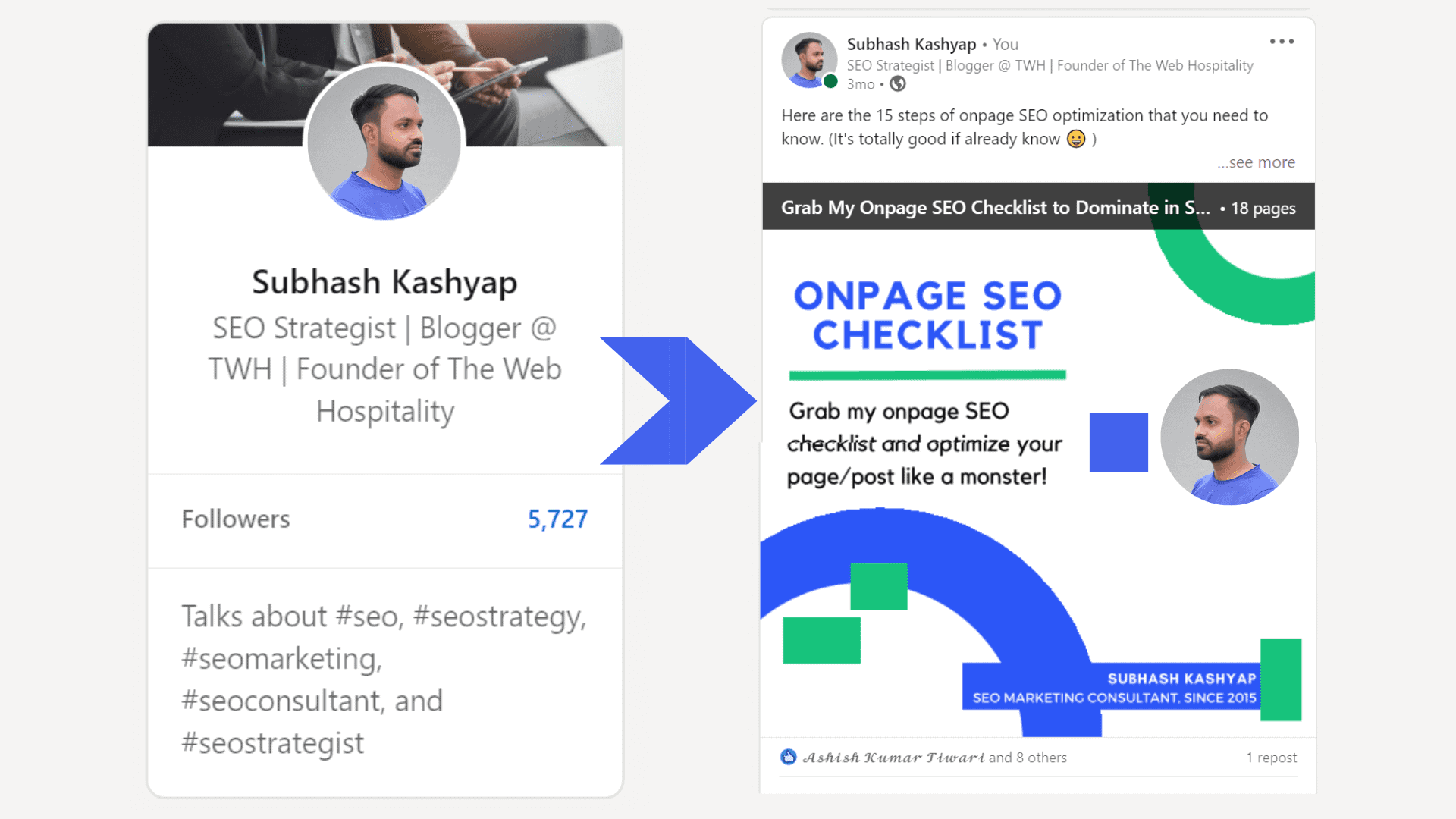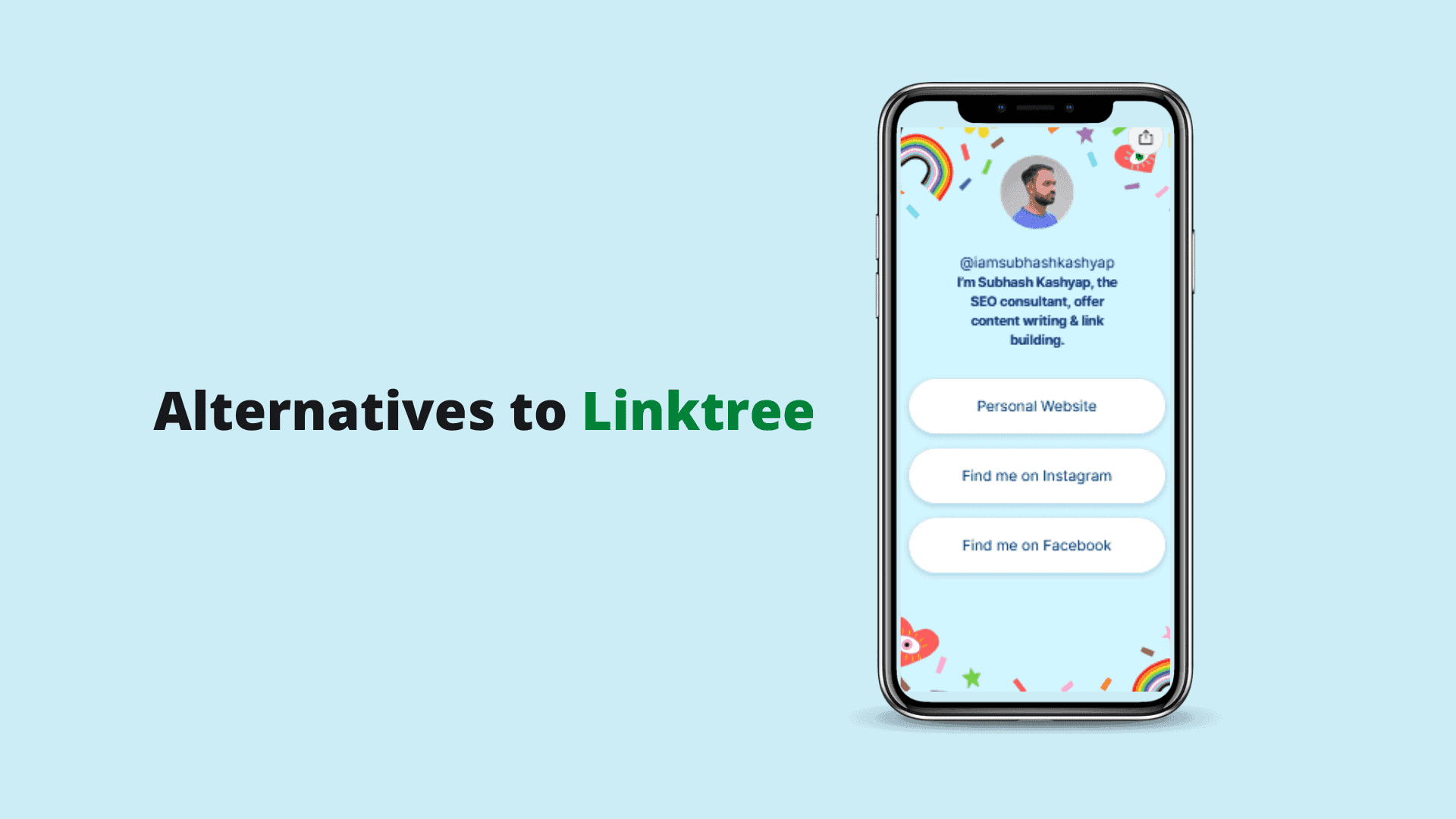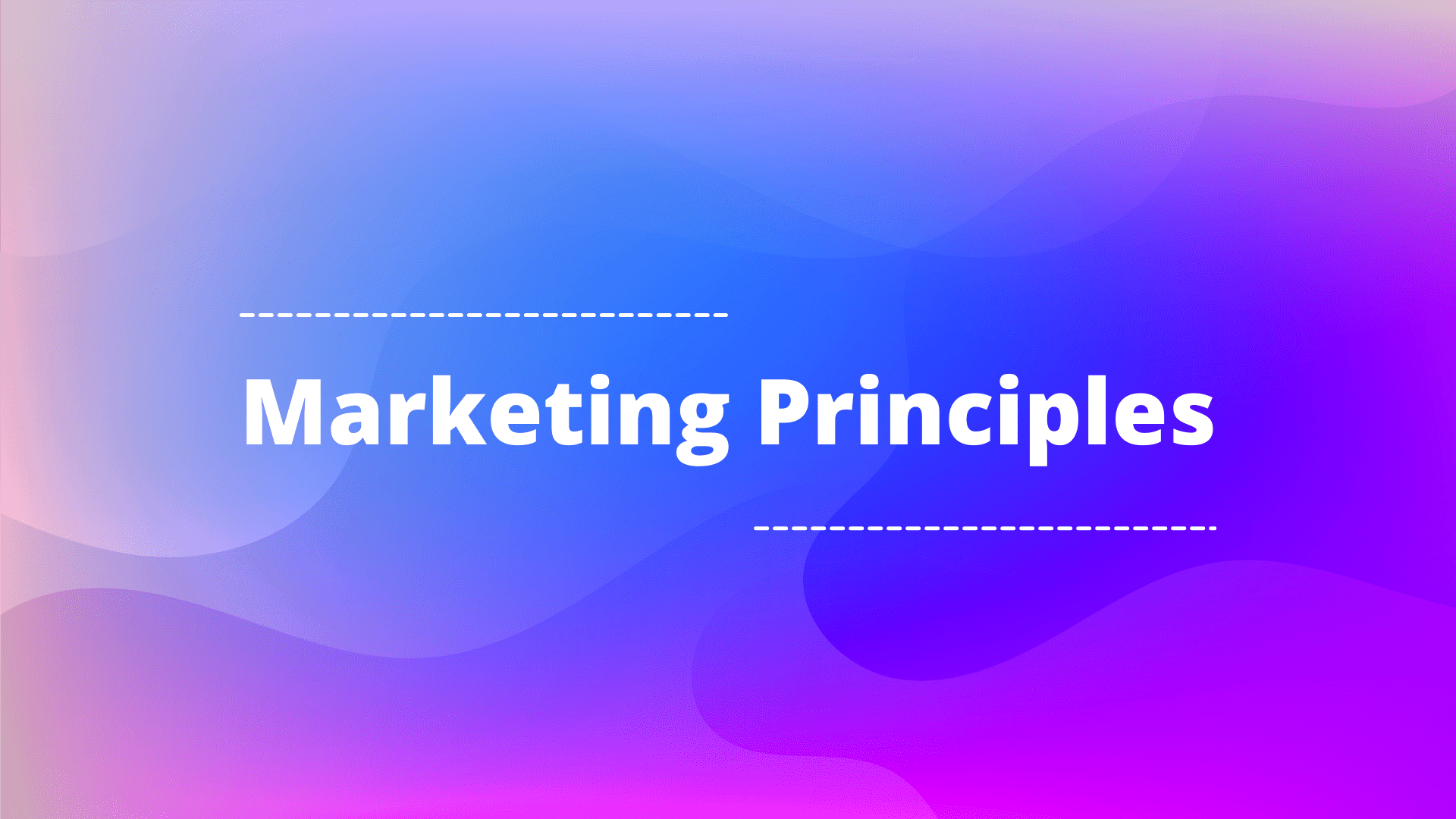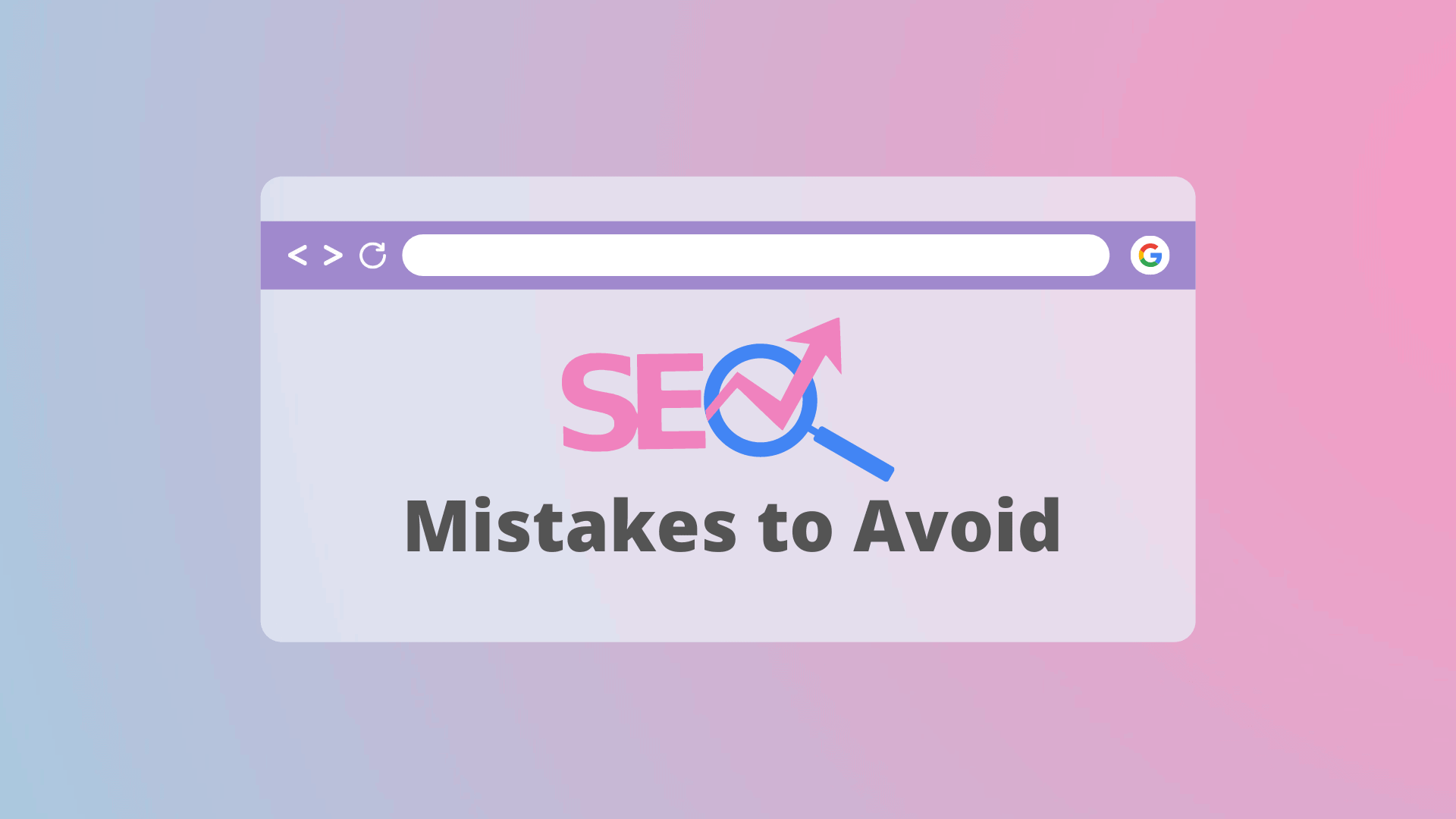What’s the best technique of increasing your business’ growth: Know through this content strategy vs content marketing guide.
In order to make a choice in between these two, a lot of organizations find it quite difficult to choose.
This is why you need the right method to attract the right people. But what is better; content marketing or content strategy? And what do these terms signify?
Without much more explanation, let’s get into it and examine all there is to know about content strategy & content marketing and their importance in building a successful business.
I have also answered some common questions about this that help dispel any remaining misconceptions.
Table of Article Contents
ToggleContent Strategy vs Content Marketing: The Key Differences
Having a clear digital presence is very important in today’s world of dominated technology, but it is not too easy to achieve.
You often hear about two things that are closely related but different from each other which are referred as content strategy and content marketing in this quest.
Content Strategy
- Audience Research: Analyzing audience preferences, needs, and behaviors to tailor content effectively. It forges connections and positions brands as valuable resources in the audience’s journey.
- Goal Definition: Clearly articulating content goals in alignment with overarching business objectives. It builds measurement, propelling the brand’s growth journey with strategic content milestones.
- Content Planning: Devising a content calendar that outlines content types, subjects, and distribution channels. It ensures the perfect content creation, aligned with audience preferences and brand identity.
- SEO Integration: One way to make sure that people find your content is by making it easy for search engines to locate them, and hence, increasing the number of visitors who will come across it, such that ultimately they may be turned into customers through improvements in other areas like conversions among others.
- Consistency and Oversight: By establishing guidelines on the tone, style, and brand voice, an organization can have a unified online image, which also helps in making sure the communication remains consistent as well as making it easier for people to know the organization or institution.
Content Marketing
- Content Creation: Creation of top notch valuable content across different formats such as in-depth articles, blog posts, videos, infographics, media and more still.
- Audience Engagement: Sharing content on appropriate platforms to interact with the audience, foster relationships, and encourage discussions. It builds an interactive community around your brand.
- Lead Generation: Utilizing content to capture business leads and guide convert potential customers for better conversations through the sales funnel.
- Quantifiable Metrics: Monitoring pivotal performance indicators (KPIs) like website traffic, user engagement, conversions, and ROI. It allows the refinement of future strategies for better results.
- Adaptation and Enhancement: Continuously refining the content strategy grounded in data insights and audience input. It ensures a stronger brand growth.
A Quick Introduction to Content Marketing
Also known as content-led or inbound content marketing, content marketing helps your drive traffic to your digital platforms like websites, blogs, social media, podcasts, and even webinars.
It delivers results by driving brand awareness to your target audience, helping you improve the quality of leads and increase sales.
This strategic approach of creating and distributing valuable content to your target audience results in long-term loyalty among your customers, which is especially beneficial for B2B companies.
Some content that you can leverage as a part of the content marketing approach include:
- Blog posts
- Case studies
- Newsletters
- Social media posts
- eBooks
- Whitepapers
- Landing page copy
- Emails
- Quizzes
- Infographics
However, as the range and type of content continue to grow, especially with the boost of short video content, you need to keep up with the trends and update your content marketing strategy.
In fact, here’s an insider tip. You can also use product reviews as a part of your content marketing strategy.
So why content marketing then?
Why Choose Content Marketing?
Here are some reasons to consider content marketing for your business.
A. Incredibly Powerful in Yielding Results
Did you know, around 47% of buyers go through around 3-5 content pieces before making a purchase? Not only this, but businesses with blogs get up to 67% more leads.
Content is king, and you need to make the most of it.
B. Builds Trust
The right content will always add value to your customer. And while people are becoming increasingly skeptical of paid results, content helps you build trust.
C. Boosts SEO
High-quality, well-optimized, and valuable content has the potential to naturally improve your SEO and drive traffic to your website, yielding better leads.
Your Roadmap to Content Marketing
Let’s take a look at methods you can use to better your content marketing game.
A. Focus on Solving Problems
What problems are you solving? What are the problems your customers face on a regular basis?
Answer their questions to solve queries through blogs, FAQs, and social media posts and build trust with your audience.
B. Same Content, Multiple Platforms
Content marketing doesn’t mean you need to research new content for various platforms. Learn how you can adopt the same content on different platforms.
For example, turn your blog into a valuable infographic or carousel post and attract people on social media.
C. Use Data to Drive Content
Your content marketing strategy may perform extraordinarily or not so well. Analyze the data and double on what works while you leave behind what doesn’t.
D. Content is King, Design is Queen
Content, especially on social media, is incomplete without design. A post that is visually appealing has a better chance of attracting the audience than a poorly designed one.
Bonus: Your B2B Content Marketing Approach
As a B2B business, you need to focus on long-term client relations. The main objectives of your content marketing strategy should be:
- Brand awareness
- Industry authority
- Loyalty and credibility
- Engagement
- Lead Generation
- Drive Sales and Revenue
To get there, make sure you
- Gain a thorough understanding of your target audience and their unique needs.
- Strategize content themes that cater to your audience’s interests and address their needs.
- Conduct thorough research on your competitors’ content, aiming to surpass its quality and value.
- Determine the appropriate channels and methods for distributing your content effectively.
- Employ metrics and analytics to evaluate the performance and impact of your content.
Now for the next part of the content marketing vs content strategy debate.
A Quick Introduction to Content Strategy
The cornerstone of content marketing lies on a bunch of plan.
Mostly, this calls for understanding your demography component besides developing content objectives, then scheduling ways to make and distribute content properly.
The blueprint on how your content should be like; its purpose will be established by it. The following interrogatives can only be replied with quality content strategies:
- Why are we creating this content?
- Who is our target audience?
- What actions and reactions do we want to achieve?
- How will we promote the content?
- How will our audience discover our content?
- What types of content do we plan to create?
- Where and when will we publish our content?
- Who is responsible for content creation?
- How will we maintain a consistent brand style across platforms?
But, the real question is:
Why is Content Strategy Important?
Take a quick look at some of the reasons why you should go for a content strategy.
A. Your Blueprint to Success
Content strategy helps you build a roadmap for your content marketing journey, set priorities and help you stay on track.
B. Adds Structure to Chaos
Having a strategy helps you track the content posted on various digital platforms. Not only this but there are also no surprises with a strategy in hand.
C. Track Your Progress
A strategy helps you understand your audience so you can produce content that will resonate with your audience.
Your Guide to Crafting The Perfect Content Strategy
Here are some quick tips to help you with your content strategy.
A. Run a Content Audit
Categorize your content based on various topics, types, and channels, and evaluate its performance for a period of three to six months. Identify the most successful content and channels, and gain valuable insights to enhance your strategy.
Performing a content audit is particularly important when developing a social media marketing plan as it provides a deeper understanding of the content landscape.
B. Decide on Content Formats and Promotion Channels
Now that you know which kind of posts perform well on which platforms, you need to decide what type of content formats (eg. video, static, carousel) you want to leverage on different platforms.
C. Take the Viewers on a Journey
Let your audience feel like a part of your brand. Your strategy needs to address the different problems your consumer may face during their journey.
For this, it is extremely important that you understand your target audience and their pain points.
D. Set Realistic Goals and KPIs
Once you have your framework ready, you need to set realistic goals and measurable KPIs so you can easily track your progress.
E. Build Your Action Plan
Finally, have an action plan. Spend some time on creating an editorial calendar that you can follow based on the bandwidth of your team and the achievability of your content.
This will help you maintain a clear direction and achieve your goals.
F. Have a Content Governance Plan
Your content strategy is supported by content governance. Content governance is basically a plan of your brand tone, design, and policies that help you maintain consistency of content across platforms.
It ensures that your key messaging is consistent throughout your digital media channels.
It helps you to;
- Maintain quality through guidelines.
- Set clear roles and responsibilities to save time and prevent bottlenecks.
- Reduce errors like design mistakes and typos.
Insights & Statistics: Content Strategy & Marketing
- A strong content strategy leads to 60% more engagement compared to a haphazard approach.
- 72% of successful content marketers credit their achievements to having a well-documented strategy.
- Approximately 47% of buyers consume three to five pieces of content before engaging with a sales rep.
- 87% of marketers believe that personalization significantly impacts audience engagement.
- 80% of B2B marketers measure content marketing success by lead quality over lead quantity.
- Content marketing costs 62% less than traditional marketing methods, yet generates about three times as many leads.
FAQ(s) about Content Strategy vs Content Marketing
No. Content strategy mainly represents planning creation, and managing content across different platforms and channels as a whole. In contrast, content marketing involves specifically employing content in order to drive audience actions.
It’s a matter of the business priorities and it’s goals, when it comes to choosing content strategy and content marketing. So, firstly, decide, which of the following would benefit you most considering your requirements, resources as well as expectations. However, the best approach is to have a solid content strategy support your content marketing actions.
It's Your Turn to Act
In your digital marketing campaign, both content strategy and content marketing matter.
You may not know who the winner is between content strategy and content marketing, however, at least you know how you can get into your online contents game.
Coming up with the right strategy can be hard though if you have not been in the business of posting content for business.
It is recommended that you speak to a professional who will not only assist in developing and executing the correct strategy, but also ensure that you stay ahead of the competition forever.

